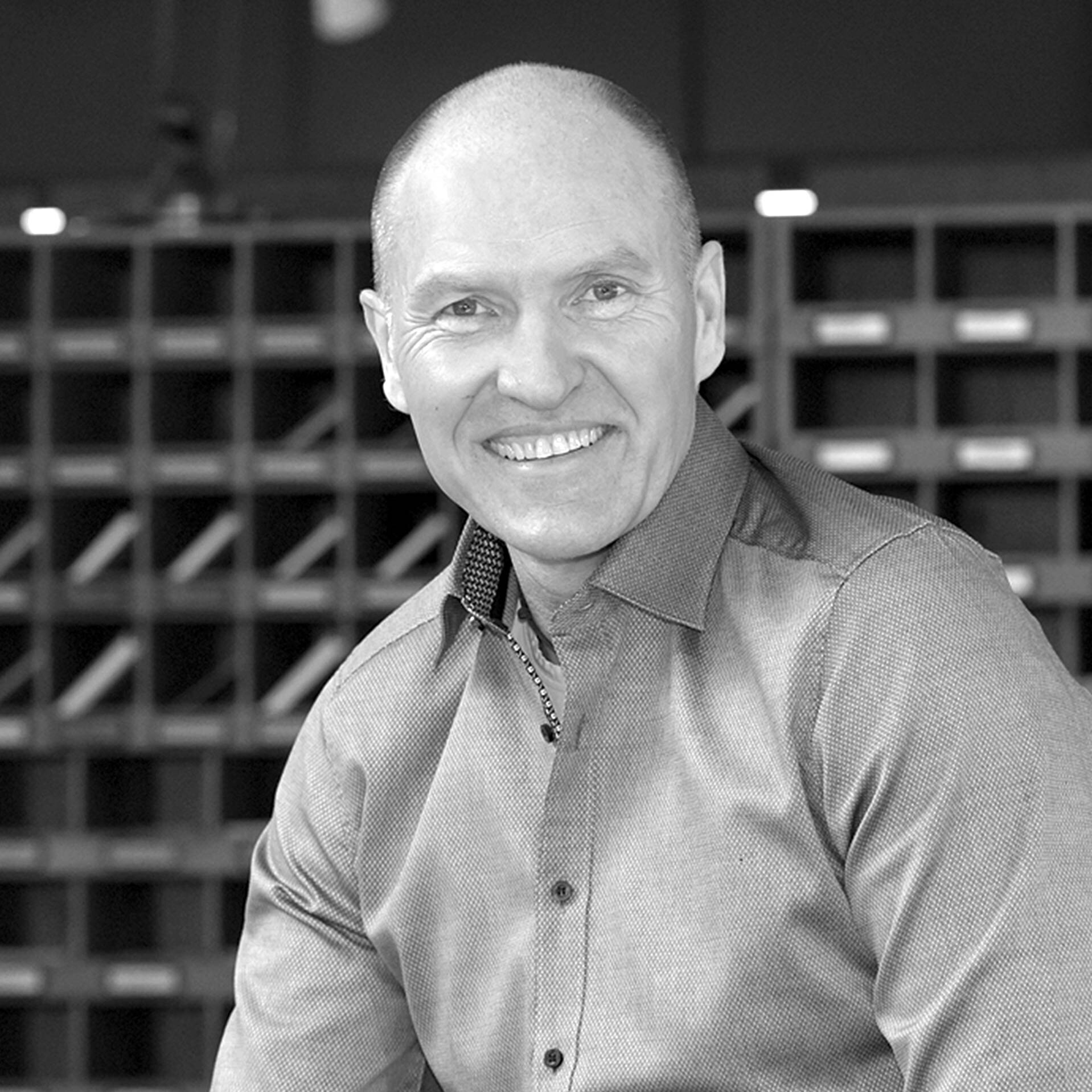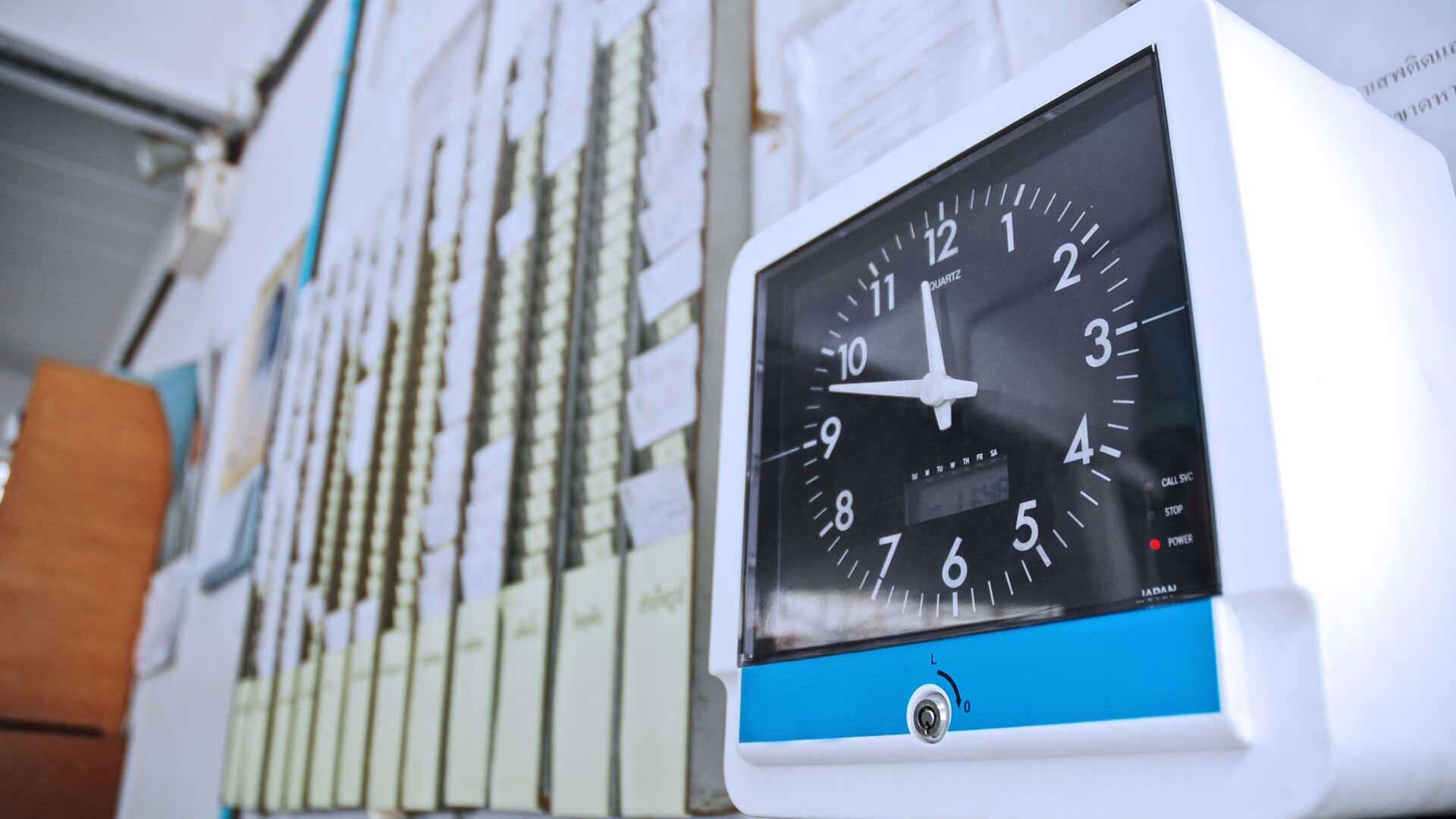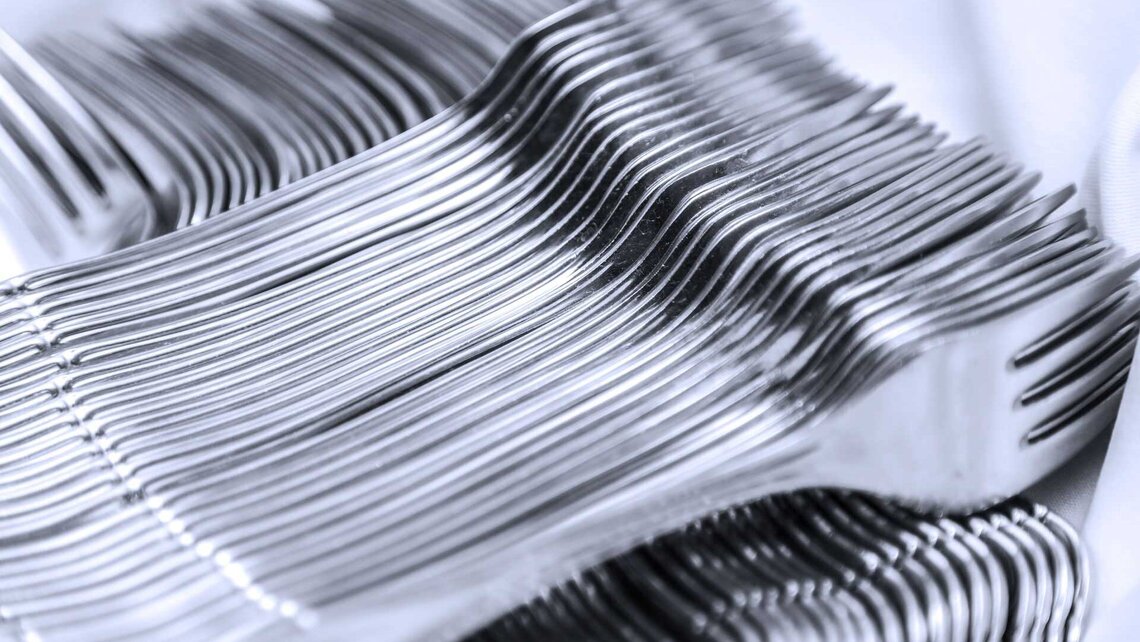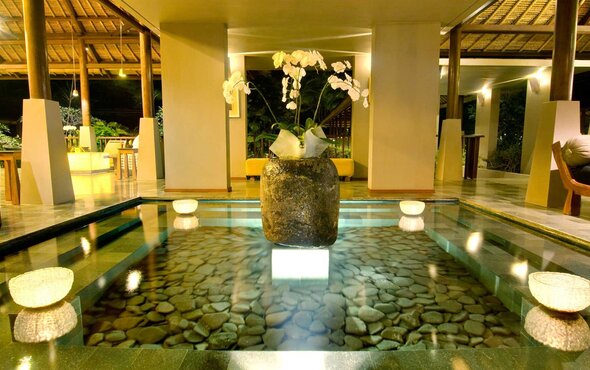Contributed by Bernd Reutemann
Now you have got costs under control in housekeeping and accounting, let's experiment with some numbers in the kitchen and at your desk.
Who is Bernd Reutemann? He trained as a chef, gained a degree in business administration and went on to become a business consultant. Along with his sister, Gerda Reutemann, he ran the Bischofschloss Mindness® Hotel in Markdorf (near Lake Constance) for 15 years. The siblings now manage Hogahelden industry consultancy and advise customers in the hotel and food service industries. Bernd Reutemann loves his job. And he's good at it: he was Baden-Württemberg Service Provider of the Year 2008, Conference Hotelier of the Year 2012 and a Top 100 Trainer in Germany for 2014. So many people have already benefited from his knowledge and experience, and today, we have that privilege.

GLASSES, CUTLERY, BOWLS, ‘THE POTENTIAL SAVINGS ARE HUGE!’
8. In particular, hotel breakfasts have plenty of potential – not only in terms of cost, but also quality. The wider the range of food on offer, the higher the costs but not necessarily the quality.
9. Jam in glass bowls: if you have 80 rooms and 69 % occupancy, with a double occupancy rate of 1.2, then you'll have 24,000 customers per year. Just at breakfast, up to 20,000 items of crockery may be used. They have to be pre-rinsed, washed and put away so you really should think about every item. Even if we only calculate ten seconds per item, that adds up to 60 man hours per year.
10. Glassware and cutlery: anyone polishing by hand in the modern world clearly has no pressure on staffing levels or costs. Four or five hours of company time are spent every day simply polishing cutlery and glassware. Each hour costs the employer €18 on average, adding up to a cost of around €25,000 per year. Professional glass and dishwashers with reverse osmosis systems therefore pay for themselves quickly.
11. Regularly train your employees. Even the best technology in the world won't help if it isn't used properly. Make sure that your employees know how the machines in your kitchen work. And double check. ‘Catch’ employees doing a good job: it will motivate them.
Depending on the proportion of guests eating breakfast, we're talking about 20,000 items of crockery which have to be pre-rinsed, washed and put away, so you really should think about every item.
– Bernd Reutemann
ROTA: ‘A DIGITAL ROTA SYSTEM KEEPS EVERYTHING IN ORDER’
12. Choose a rota system that allows you to compare each employee's time bank with the rota so you can see how many hours they have worked and how many they have left. After all, arriving 15 minutes early for each shift adds up to 1.25 more hours worked per employee each week.
13. Rota efficiently: these days, anyone still writing rotas by hand has more to lose than just time and money. You also risk falling foul of the many legal requirements on working time and employment.

Less is more: focus on quality rather than quantity – that goes for both product and service. Regular staff training is vital for this to work and using professional technology will save on payroll costs. Plan in advance and go digital for your rota.




